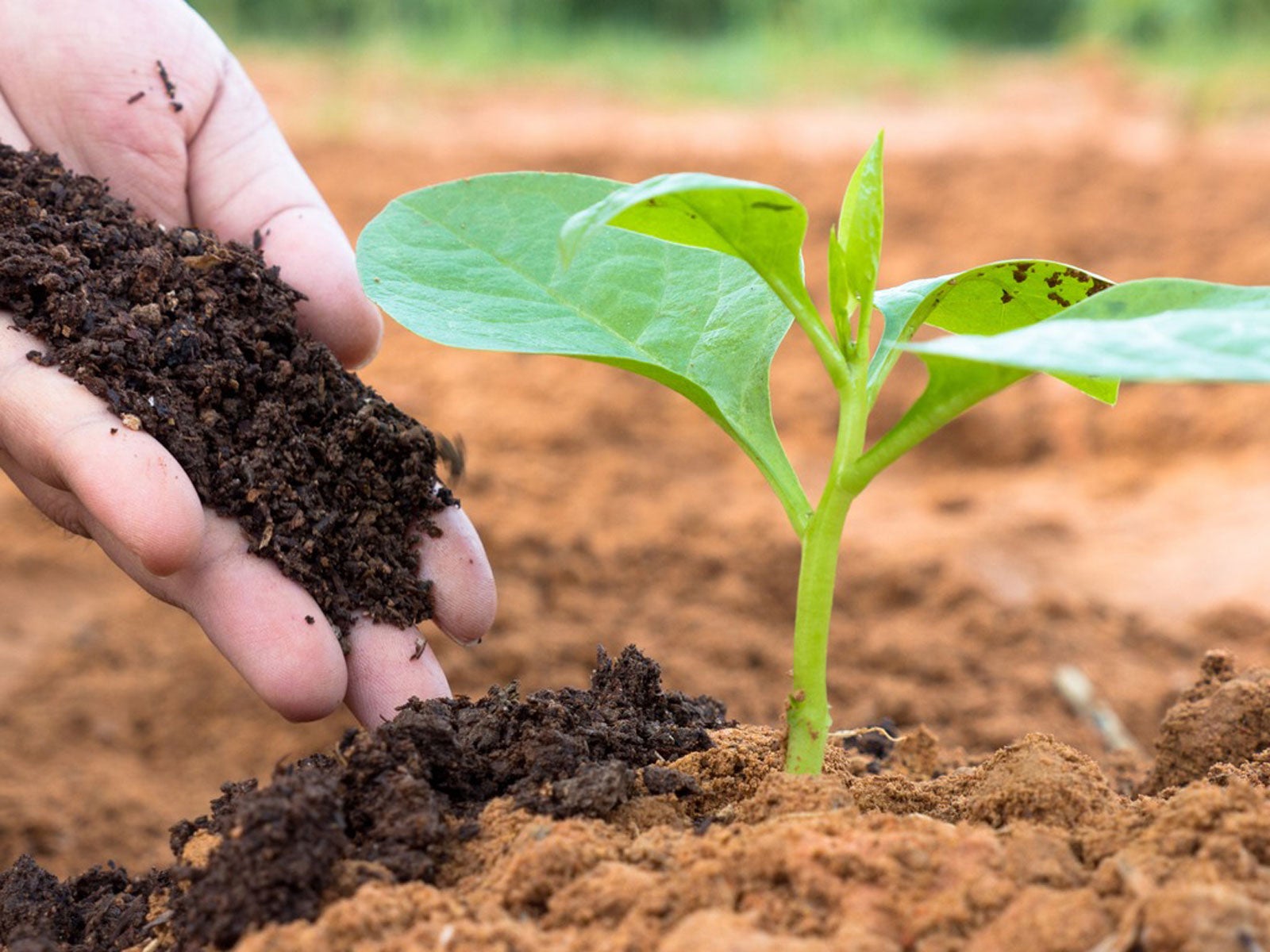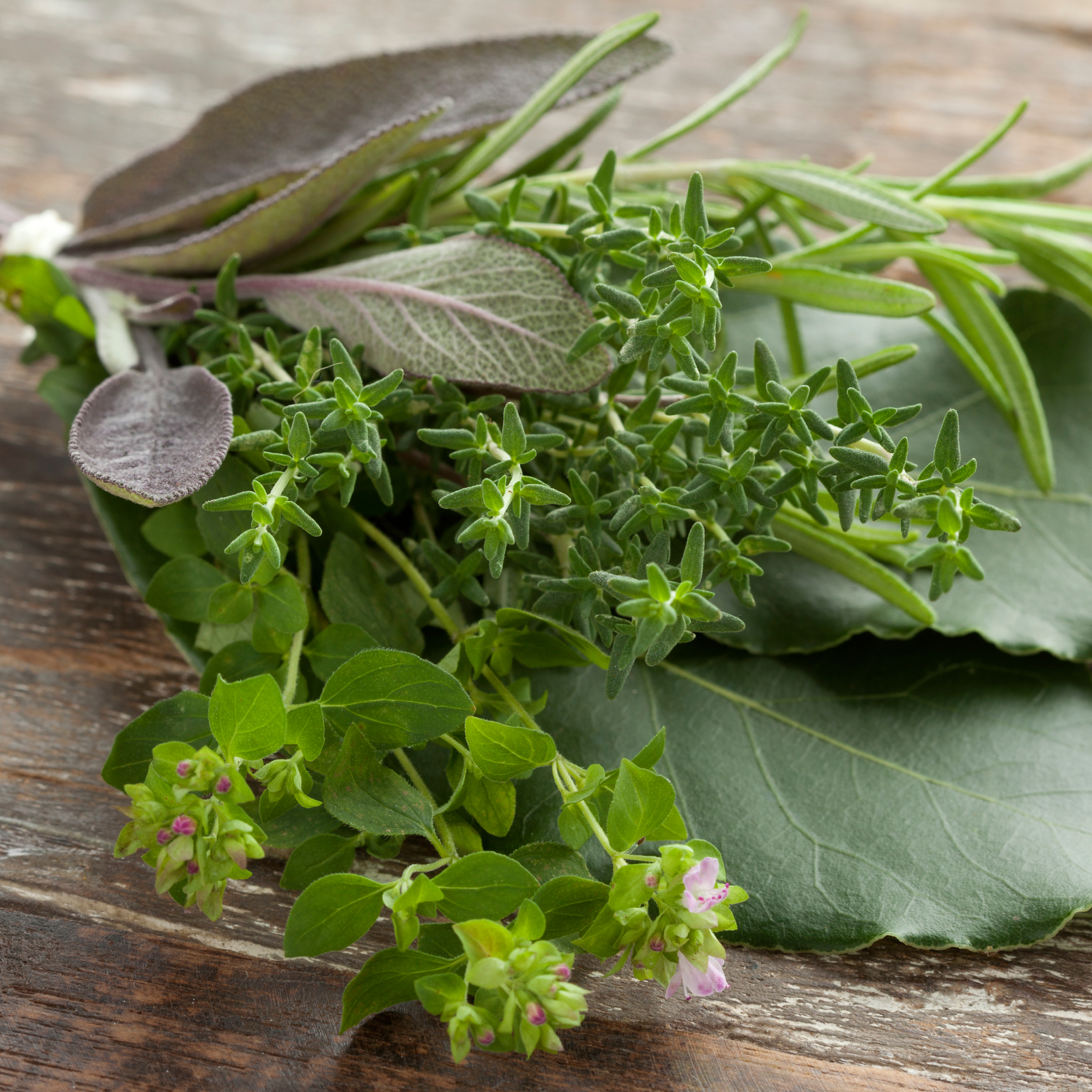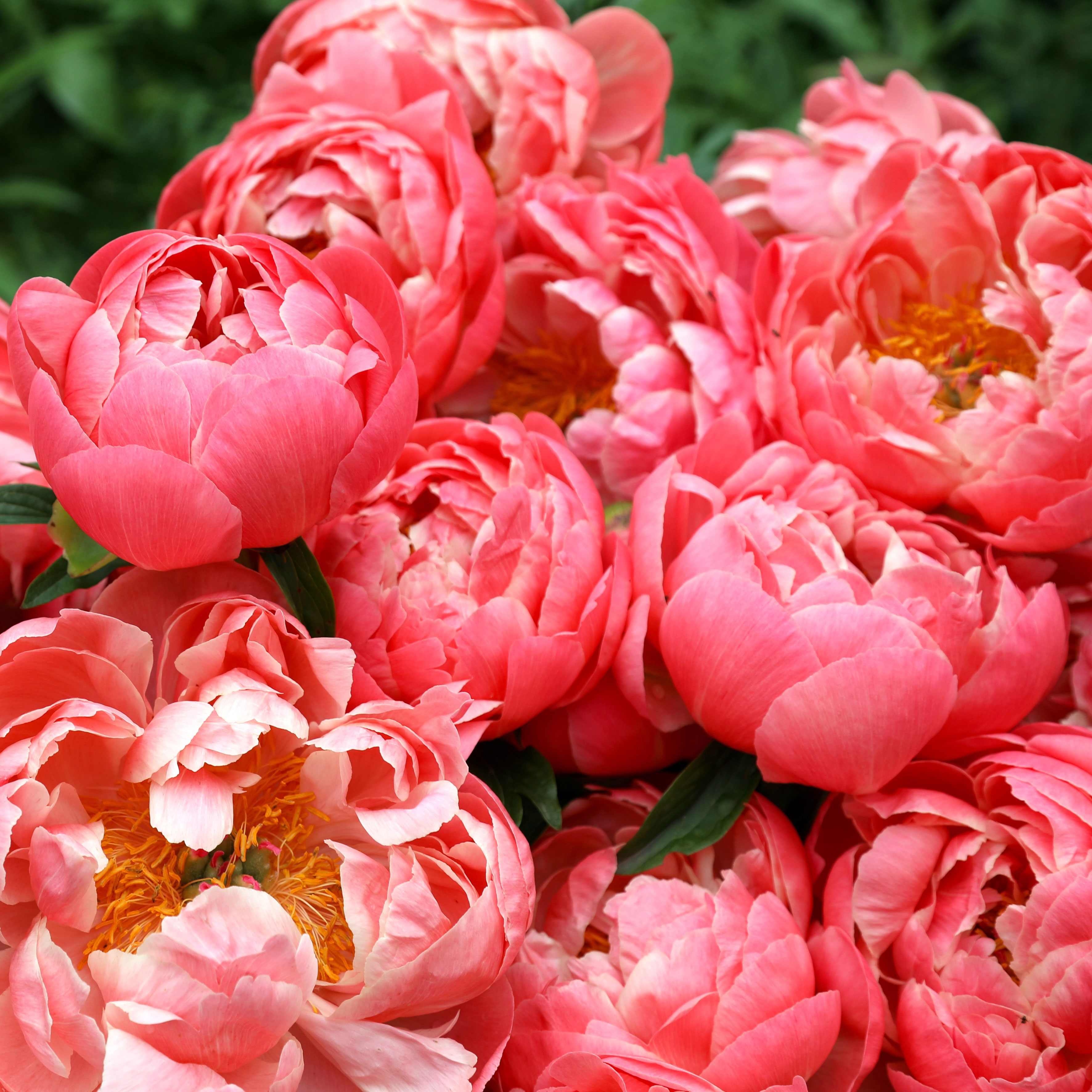What To Do With Compost – Learn About Compost Uses In The Garden


Creating compost out of kitchen and yard waste is a great way to be more environmentally sustainable. But if you’re wondering “where do I put compost,” you may need some guidance on what to do next. This is especially true if you don’t actually garden or have a very big yard. There are many useful things you can do with that kitchen compost.
Compost Uses in the Garden
Compost is called "black gold" for a reason. It adds nutrients and richness to soil to help plants grow better, healthier, more fully, and more productively. Here are a few of the basic methods for applying compost and making use of this natural material:
- Mulch. You can use compost as a layer of mulch around plants in your garden beds. Like any mulch type, it will help hold moisture in the soil and keep the soil warmer. Compost mulch also gives plants extra nutrients. Use a layer a few inches thick and layer it around the base of plants out to about a foot (30 cm.).
- Amend soil. Mix compost into soil in beds before you add plants or seeds. This will lighten up and aerate the soil and add nutrients.
- Fertilize the lawn. Add a layer of an inch or two (2.5 to 5 cm.) of compost to your grass as a natural fertilizer. Rake the compost in, and let it work its way into the soil and down to the roots.
- Compost tea. For a liquid fertilizer you can use as needed, make compost tea. It’s just like it sounds. Simply soak compost in water for a few days. Strain out the solids and you have a liquid that can be sprayed or watered around plants.
How to Use Compost if You Don’t Garden
If you don’t garden, don’t have a lawn, or have only potted plants, you may struggle with what to do with compost. It’s still worthwhile making compost out of kitchen waste. Here’s what you can do with it:
- Make potting soil by mixing compost with basic, bagged soil.
- Amend the soil of your potted plants for better growth.
- Make compost tea to use as a fertilizer for container plants.
- Share compost with neighbors who do garden.
- Share it with community or school gardens.
- Check for curbside compost collection in your neighborhood.
- Some farmers markets collect compost.
Gardening tips, videos, info and more delivered right to your inbox!
Sign up for the Gardening Know How newsletter today and receive a free copy of our e-book "How to Grow Delicious Tomatoes".

Mary Ellen Ellis has been gardening for over 20 years. With degrees in Chemistry and Biology, Mary Ellen's specialties are flowers, native plants, and herbs.
-
 How To Make A Bouquet Garni Or Herb Bundle For Cooking
How To Make A Bouquet Garni Or Herb Bundle For CookingIf you’re a great cook, you may have made an herb bundle before. If this is a new idea, learn how to add sparkle and interest to your dish with a bouquet garni.
By Amy Grant
-
 ‘Coral Charm’ Peony Care For Sublime Semi-Double Peonies With Lush Salmon Pink Flowers
‘Coral Charm’ Peony Care For Sublime Semi-Double Peonies With Lush Salmon Pink FlowersPeonies are known for their soft baby pink or magenta tones, but if plushy coral blooms are your thing, here’s our guide to the ultimate ‘Coral Charm’ peony care
By Tonya Barnett